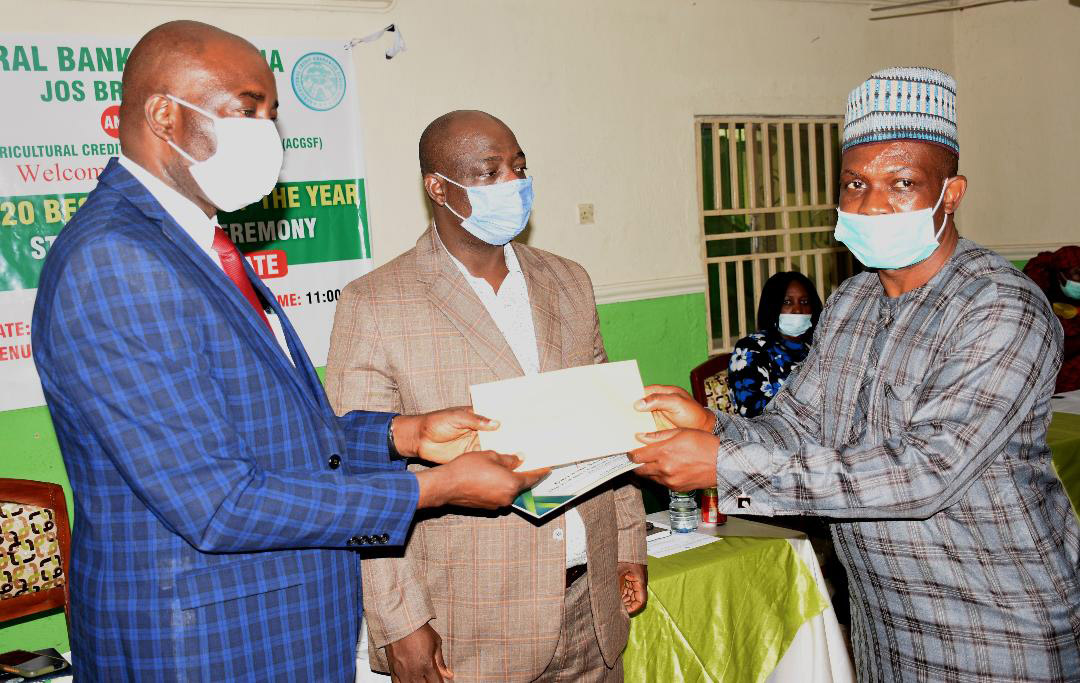Business
‘Petrol Imports Gulped N2.11trn In 2020’

The amount spent on the importation of Premium Motor Spirit (petrol) rose by 17.54 per cent to N2.11 trillion last year, the latest data obtained from the National Bureau of Statistics (NBS) have shown.
The NBS said the country spent N1.71 trillion on petrol imports in 2019, down from N2.95 trillion in the previous year.
The data also showed that petrol topped the list of products imported into the country, accounting for 11.7 per cent of the total amount spent on imported products from January to September.
Petrol imports jumped to N573.69 billion in the fourth quarter of 2020 from N532.62 billion in Q3 and N87.08 billion in Q2. In the first three months of 2020, the country spent N1 trillion on the importation of petrol.
Fuel consumption and imports plunged to a record low in Q2 2020 amid the lockdown imposed by the Federal Government to contain the spread of Covid-19 pandemic in the country.
Data obtained from the Nigerian National Petroleum Corporation (NNPC) sho-wed that the volume of petrol imported into the country through the Direct Sale Direct Purchase scheme fell from a high of 2.25 billion litres in March to 1.81 billion litres in April and 495.10 million litres in May.
Under the DSDP scheme, selected overseas refiners, trading companies and indigenous companies are allocated crude supplies in exchange for the delivery of an equal value of petrol and other refined products to the NNPC.
The NNPC has been the sole importer of petrol into the country in recent years. Private marketers have yet to resume petrol importation due to a lack of full deregulation of petrol price and access to foreign exchange at the official rate.
The corporation said in its latest monthly report that to ensure continuous increased PMS supply and effective distribution across the country, a total of 1.72 billion litres of PMS were supplied for the month of November.
“The corporation has continued to diligently monitor the daily stock of Premium Motor Spirit to achieve smooth distribution of petroleum products and zero fuel queue across the nation,” it said.
Nigeria relies largely on the importation of refined petroleum products as its refineries have remained in a state of disrepair for many years despite several reported repairs.
Business
FEC Approves Concession Of Port Harcourt lnt’l Airport

Business
Senate Orders NAFDAC To Ban Sachet Alcohol Production by December 2025 ………Lawmakers Warn of Health Crisis, Youth Addiction And Social Disorder From Cheap Liquor

The upper chamber’s resolution followed an exhaustive debate on a motion sponsored by Senator Asuquo Ekpenyong (Cross River South), during its sitting, last Thursday.
He warned that another extension would amount to a betrayal of public trust and a violation of Nigeria’s commitment to global health standards.
Ekpenyong said, “The harmful practice of putting alcohol in sachets makes it as easy to consume as sweets, even for children.
“It promotes addiction, impairs cognitive and psychomotor development and contributes to domestic violence, road accidents and other social vices.”
Senator Anthony Ani (Ebonyi South) said sachet-packaged alcohol had become a menace in communities and schools.
“These drinks are cheap, potent and easily accessible to minors. Every day we delay this ban, we endanger our children and destroy more futures,” he said.
Senate President, Godswill Akpabio, who presided over the session, ruled in favour of the motion after what he described as a “sober and urgent debate”.
Akpabio said “Any motion that concerns saving lives is urgent. If we don’t stop this extension, more Nigerians, especially the youth, will continue to be harmed. The Senate of the Federal Republic of Nigeria has spoken: by December 2025, sachet alcohol must become history.”
According to him, “This is not just about alcohol regulation. It is about safeguarding the mental and physical health of our people, protecting our children, and preserving the future of this nation.
“We cannot allow sachet alcohol to keep destroying lives under the guise of business.”
According to him, “This is not just about alcohol regulation. It is about safeguarding the mental and physical health of our people, protecting our children, and preserving the future of this nation.
“We cannot allow sachet alcohol to keep destroying lives under the guise of business.”
Business
PHCCIMA Leadership Hails Rivers Commerce Commissioner for Boosting Business Ties …..Urges Deeper Collaboration to Ignite Economic Growth


